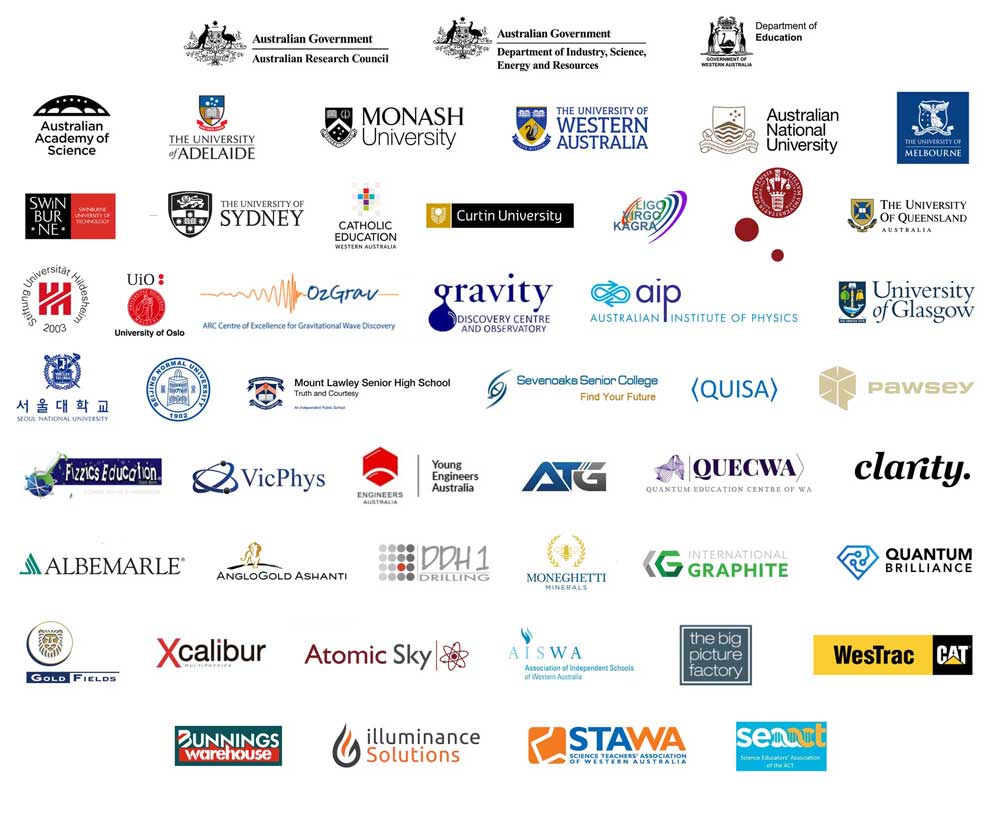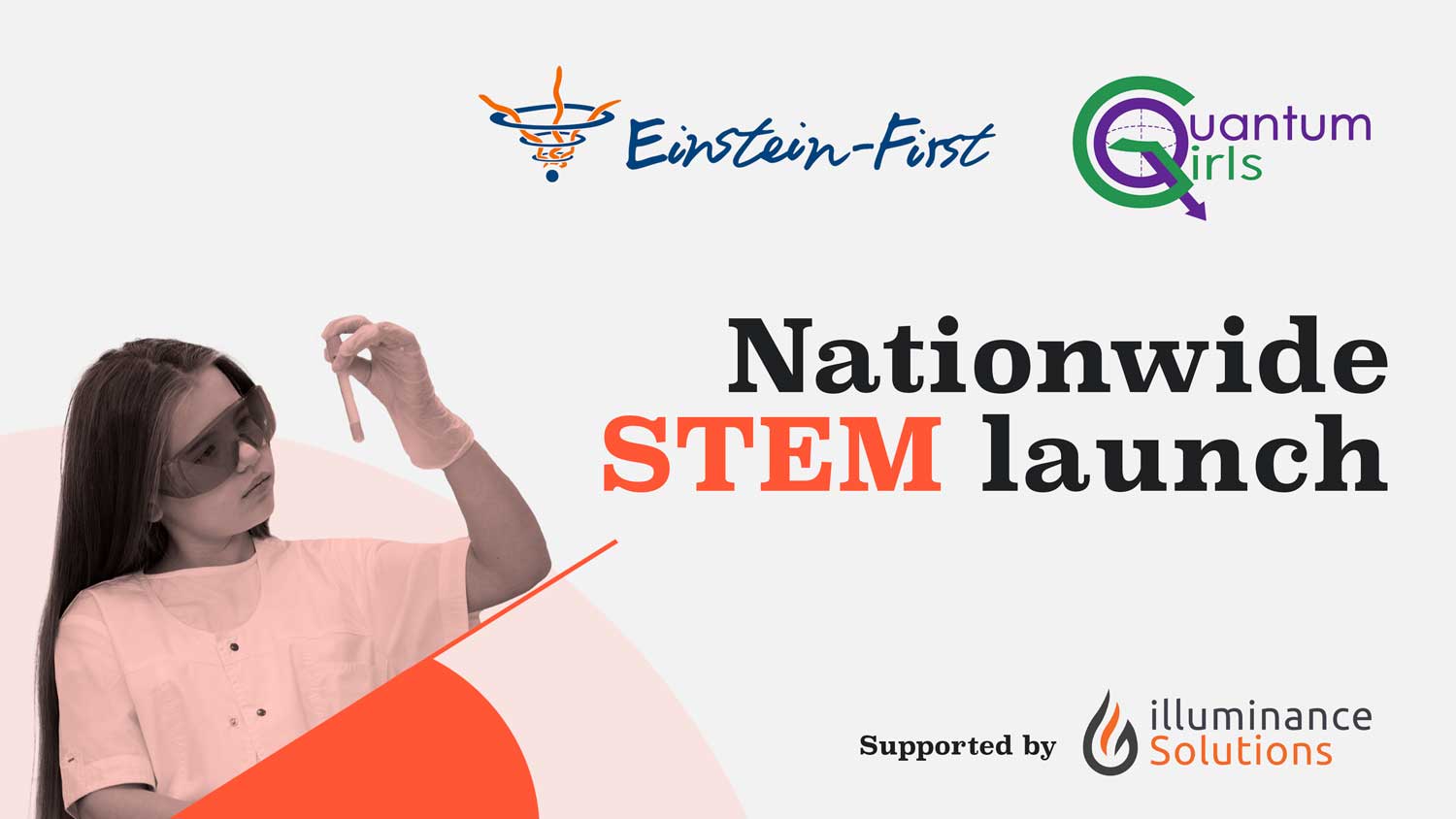STEM education plays a vital role in schools and holds particular significance for girls. By engaging students in Science, Technology, Engineering, and Mathematics, STEM education nurtures critical thinking, problem-solving, and creativity, equipping students with essential skills for the modern world.
For girls, STEM education breaks down gender stereotypes, empowers them to pursue traditionally male-dominated fields, and fosters a sense of confidence and achievement. Encouraging girls to embrace STEM subjects not only promotes gender equality but also ensures a diverse and inclusive workforce, driving innovation and progress. By prioritising STEM education, schools empower girls to explore their full potential, contribute to scientific advancements, and shape a future where gender equality and excellence in STEM fields go hand in hand.
On 13th June 2023, at the Australian Academy of Science’s spectacular Shine Dome, a large group of science education organisations participated in the national launch of Quantum Girls and Einstein-First. This pair of initiatives aims to bring primary and high school science into the 21st century and to reverse Australia’s critical STEM-skills shortage.
The launch received support from Resource Industries, Research Organisations, Quantum Computing and Supercomputing organisations, Science Teacher Associations, Universities, and illuminance Solutions.
The launch is being led by two Prime Minister’s Science Prize winners, Distinguished Professor Susan Scott of Australian National University (ANU) and Emeritus Professor David Blair of the University of Western Australia (UWA).
Einstein-First has created a STEM education curriculum and a teacher training program that introduces modern science concepts in a spiral learning sequence that gives all children basic understanding of the science behind technologies that make the modern world, as well as climate science and renewable energy.
Quantum Girls, co-directed by Prof Jingbo Wang of UWA, is bringing quantum science and quantum computing into classrooms across Australia as well as STEM clubs and hackathons that are designed to specially inspire girls.
‘’In Australia we face a big problem of not enough school-leavers choosing to pursue a career in STEM fields, and this is especially true for girls,” said Professor Scott, who is an internationally recognised researcher in gravity and senior member of Einstein-First.
“The Einstein-First and Quantum Girls programs are science education programs designed to ignite the interest and passion in science of primary and secondary school children. The kids are introduced to modern concepts in physics like black holes and quantum computers through an immersive, interactive, group approach. They love this approach, and we believe that this will translate into more kids choosing STEM careers.”
Johanna Stalley, a teacher at Trinity College in Perth, has been trialling the Einstein-First program with her grade 4, 5 and 6 students. She says resources have been provided to help teachers deliver complex sciences they may not have been trained in.
“We use Nerf guns to hit balloons, representing the momentum of photons to show kids the light spectrum,” she says. “The program introduces students to many concepts that are not usually brought up until high school. Year 4s are learning about atoms, year 5s are learning about photons and year 6s are learning about climate science and how global warming is occurring,” she says. “It’s complex but it’s engaging and playful.”
The national launch of the Einstein First and Quantum Girls programs represents a significant step towards revolutionising STEM education in Australia. By introducing modern physics concepts, fostering engagement, and empowering female teachers and students, these programs are set to bridge the gap between traditional science education and the scientific advancements of today’s world. illuminance Solutions is proud to support this initiative and more, ensuring that Australian children and students worldwide can benefit from a contemporary and comprehensive understanding of physical reality.

How can we help?
If you have some questions or would like to get a quote, please get in touch!


